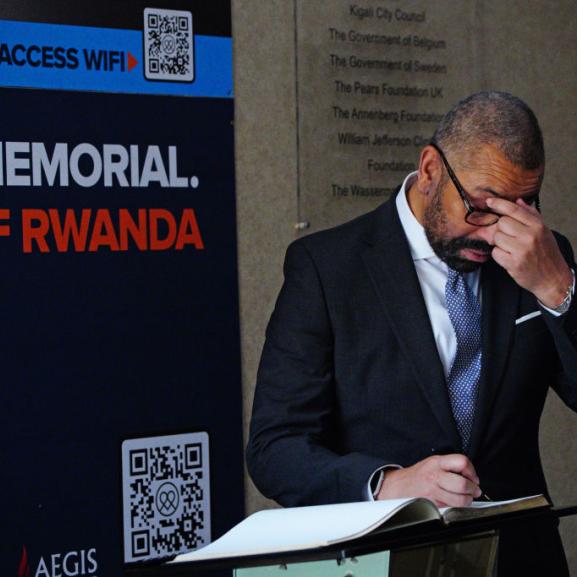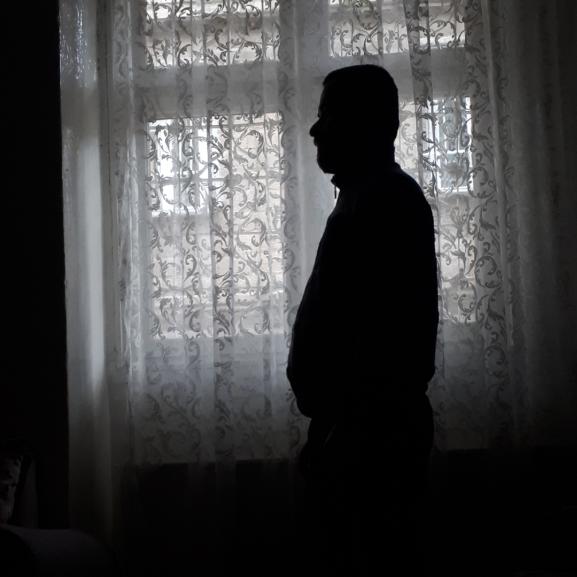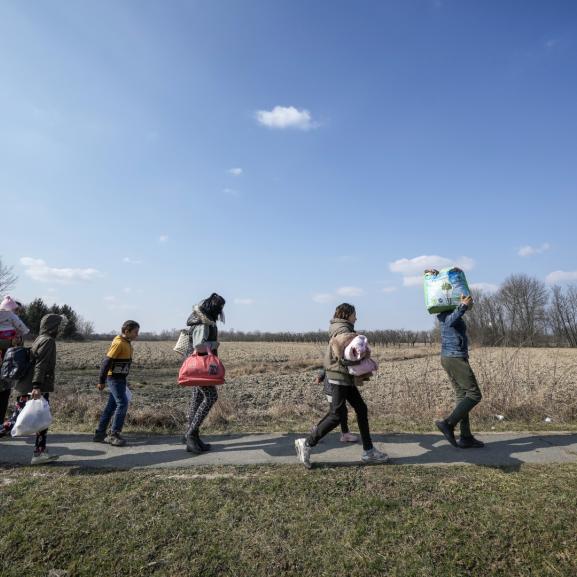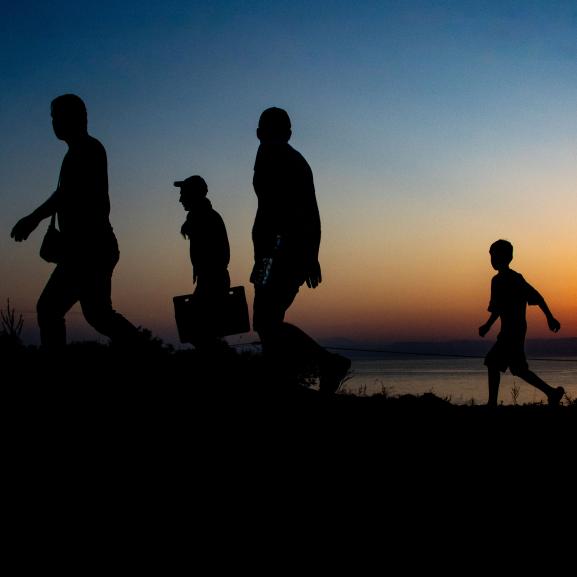Doctors urge Home Secretary to scrap vouchers
The BMA and Freedom from Torture are calling for the Government's forthcoming policy on asylum seekers to be more humane. The Home Secretary has promised to announce the results of the policy review by the end of this month.
The present policy of vouchers and forced dispersal is putting the health of asylum seekers at serious risk claim both organisations. In their joint dossier 'Asylum Seekers and Health', launched today, doctors describe their experiences of dealing with asylum-seekers.
Doctors have witnessed mothers watering down milk for their babies in order to make vouchers go further, children not being immunised or properly treated for chronic conditions because the forced dispersal policy results in a lack of continuity of treatment, and asylum seekers needing psychological support living in areas with no specialist care.
In one case a young man walked 35 miles to see a psychiatrist as part of a report for his asylum claim. He walked all through the night because he did not have any money for transport.
In another case a doctor assessing a baby boy who was not crawling thought he might have early signs of muscular dystrophy or cerebral palsy. It later emerged that the whole family were living in one room. The double bed that they shared filled the room so there was simply no space for the child to learn how to crawl.
A family, including a very young baby, were sleeping rough with no access to shelter, sanitation or food for several months. The mother had stomach problems and the baby was not gaining weight.
Dr Michael Wilks, Chairman of the BMA's Ethics Committee, said today: "Asylum seekers are some of the most vulnerable people in the country. They have often been subjected to persecution and possibly torture and rape. They have lost their homes and often members of their family.
Asylum seekers have very particular physical and mental health needs because of their traumatic experiences. We are failing some very vulnerable people, whose health is actually deteriorating rather than improving in the safety of the UK."
Helen Bamber, Director of the Medical Foundation, said: "We know a great deal about the health needs of people who have been treated brutally in their country of origin, having helped more than 25,000 victims of torture during the sixteen years that we have been in existence. We warned from the moment that no choice dispersal was first mooted that widespread suffering and misery would result if asylum seekers were sent to areas where there was insufficient support. Sadly, in many parts of the country, we now see that prediction coming true."
The BMA and the Medical Foundation for the Care of Victims of Torture want the voucher scheme to be scrapped in favour of cash benefits (in line with income support). Both organisations also believe the dispersal policy should be overhauled with the aim of protecting the well-being of asylum seekers and not punishing them.
The Home Office and Department of Health are criticised for not working in partnership to develop a policy on asylum seekers and any new policy will have to address this.
Dr Wilks added said: "The Home Office and Department of Health need to co-operate on a far greater level on this issue. Dispersal programmes are given the go-ahead without local health services being informed. This is bound to cause problems - interpreting facilities, specialist training for doctors and rehabilitation services all need to be in place before asylum seekers arrive in a community."
The United Nations Convention Relating to the Status of Refugees, which Britain signed in 1951, states that host countries must provide those fleeing tyranny and persecution with access to health services, housing, education and employment.
Notes:
Copies of the dossier, 'Asylum Seekers and Health' and the BMA's position paper 'Access to Health Care for Asylum Seekers' are available from the BMA website: www.bma.org.uk or on request from the Press Office.
For enquiries to the Medical Foundation please call: Andrew Hogg Tel 020 7813 3445 or email: [email protected]






